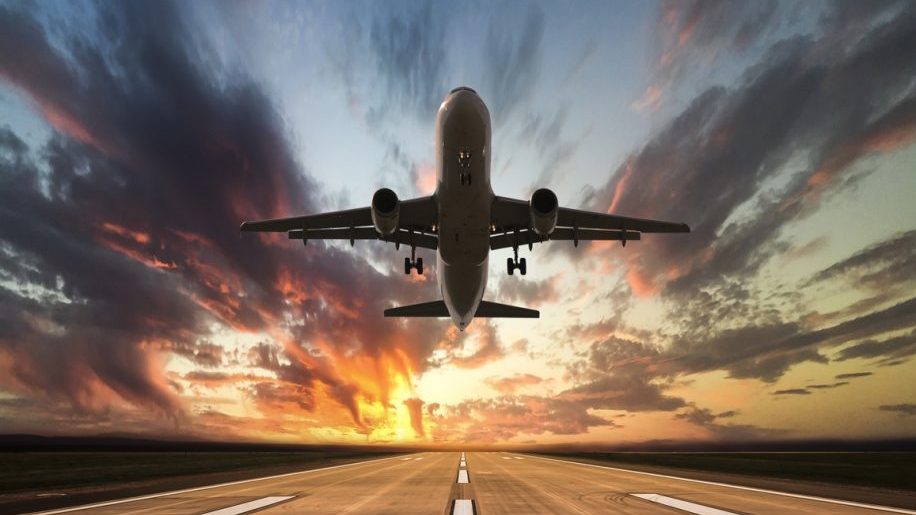
The International Air Transport Association (IATA) has revealed that travellers are increasingly frustrated with the Covid-19 travel restrictions.
Its latest survey, which was carried out in September and comprised 4,700 respondents in 11 markets, showed that travellers felt confident that the risks of the virus can be effectively managed and that the freedom to travel should be restored.
The survey revealed that 67 per cent of respondents felt that most country borders should be opened, an increase of 12 per cent from the June 2021 survey.
Additionally, 64 per cent felt that border closures are unnecessary and have not been effective in containing the virus, an increase of 11 per cent, while 73 per cent said that their quality of life is suffering as a result of the restrictions – up six per cent from June.
Willie Walsh, IATA’s Director General, commented:
“People are increasingly frustrated with the Covid-19 travel restrictions and even more have seen their quality of life suffer as a result. They don’t see the necessity of travel restrictions to control the virus. And they have missed too many family moments, personal development opportunities and business priorities. In short, they miss the freedom of flying and want it restored. The message they are sending to governments is: Covid-19 is not going to disappear, so we must establish a way to manage its risks while living and traveling normally.”
The biggest deterrent to air travel continues to be quarantine measures, with 84 per cent indicating that they would not travel if there was a chance of this at their destination. Respondents supported the removal of quarantine if a person had tested negative for Covid-19 (73 per cent), or if a person had been vaccinated (71 per cent).
Additionally, 80 per cent agreed that vaccinated people should be able to travel freely by air, though two-thirds feel that it is wrong to restrict travel to just those who have been double jabbed. Over 80 per cent believe that testing before air travel should be an alternative for those who do not have access to vaccination.
Nonetheless, 75 per cent believe that the cost of testing is a significant barrier to travel, and 80 per cent think that governments should bear the cost of testing.
Walsh added:
“There is a message here for governments. People are willing to be tested to travel. But they don’t like the cost or the inconvenience. Both can be addressed by governments. The reliability of rapid antigen tests is recognized by the World Health Organization (WHO). Broader acceptance of antigen testing by governments would reduce inconvenience and cost—costs that the WHO’s International Health Regulations stipulate should be borne by governments. It is also clear that while people accept testing and other measures such as mask-wearing as necessary, they want to return to more normal ways of travel when it is safe to do so.”
This comes after IATA urged for the simplification of Covid-19 requirements, stating that the “wildly inconsistent” restrictions are “stalling the recovery of air transport”.
The survey also showed that, while 86 per cent felt safe on board due to Covid-19 measures, people were still confused by the Covid-related travel rules and requirements. 73 per cent of those who travelled since June 2020 found it challenging to understand what rules applied for a trip (an increase of 3 per cent compared to June), and 73 per cent found the paperwork difficult to arrange (up from 70 per cent).
Further details from the survey can be found here.












